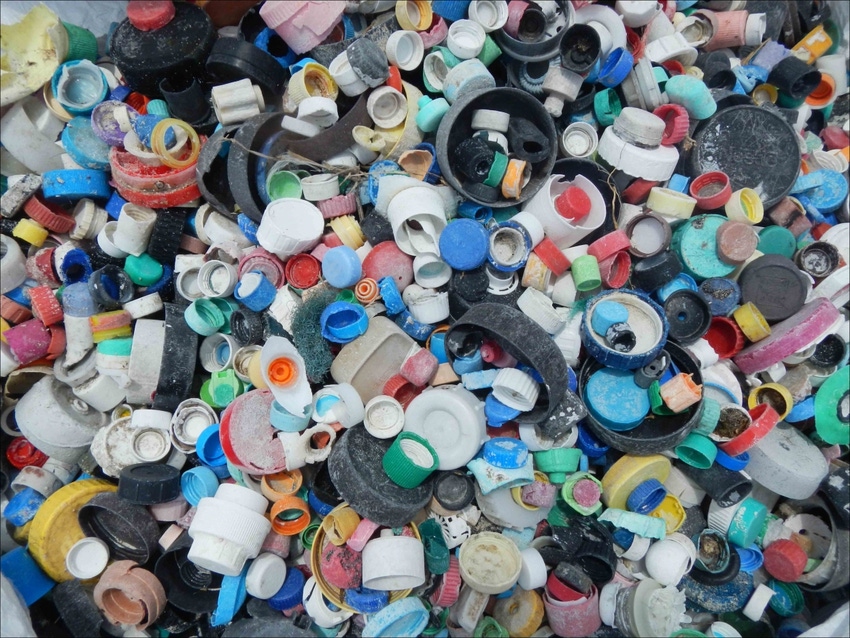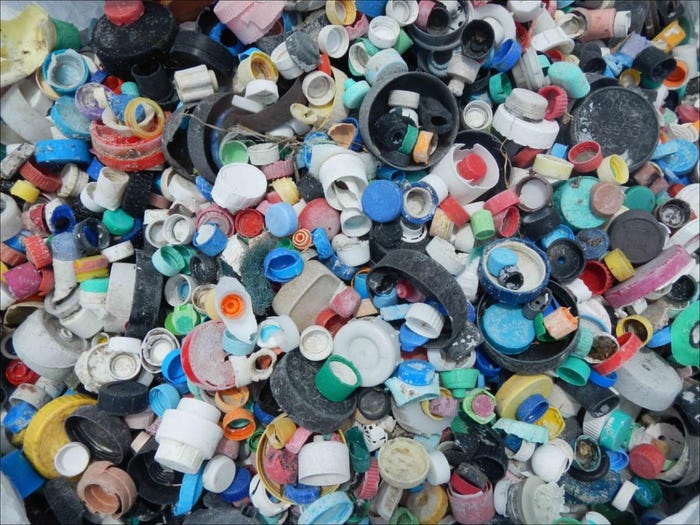Last month, the World Plastics Council (WPC) held its 2nd General Assembly in Dubai, UAE. Chaired by Abdulrahman Al-Fageeh, Executive Vice President at Sabic (Riyadh, Saudi Arabia), top executives of the world’s largest polymer producers attended the meeting, underpinning the industry’s commitments to improving sustainability and constructively addressing key challenges.
December 27, 2015

Last month, the World Plastics Council (WPC) held its 2nd General Assembly in Dubai, UAE. Chaired by Abdulrahman Al-Fageeh, Executive Vice President at Sabic (Riyadh, Saudi Arabia), top executives of the world’s largest polymer producers attended the meeting, underpinning the industry’s commitments to improving sustainability and constructively addressing key challenges.
|
Image courtesy NOAA. |
An initiative of PlasticsEurope (Brussels, Belgium) and the American Chemistry Council’s Plastics Division (Washington, D.C.), the WPC cwas formed in 2013 as a forum for global industry leaders from resin producing companies to accelerate cooperation and alignment and to deliver improved outcomes for the benefit of society and the global plastics industry in general.
It is committed to contributing to solutions to the global marine litter and other challenges. The Council is initially focusing on improving sustainability by tackling marine debris and promoting efficient waste management practices. With this focus in mind, the General Assembly voted to promote marine litter solutions by joining the Trash Free Seas Alliance (TFSA), an initiative launched by Ocean Conservancy, one of the leading organizations working to solve plastic waste in the ocean.
“As leaders in the global plastics industry, WPC members recognize that used plastic doesn’t belong in the ocean,” said Al-Fageeh. “We’re committed to working with our global partners, including governments, NGOs and other industry partners, to do our part to help solve this problem. Participation in the important work of the TFSA is an important part of our commitment.”
At the General Assembly, Andreas Merkl, CEO of Ocean Conservancy, presented the findings of an analysis conducted by the TFSA on sources of plastic marine debris and recommended solutions. The report highlighted what has long been known—that the majority of ocean plastic pollution begins on land.
“When industry, government and leading conservation groups come together, these public-private partnerships can bring to bear the world-class logistics, financing, project management and marketing capabilities that this problem requires,” said Merkl.
Calling it ‘a platform to showcase the work of the WPC to the public,’ Al-Fageeh, noted that the meeting also provided an excellent occasion to present the newly-launched WPC website. The site is designed to provide a user-friendly, comprehensive experience for global visitors. It is optimized for ease of navigation and across multiple devices, including desktop, tablet and mobile.
“WorldPlasticsCouncil.org enables stakeholders to learn more about the global plastics industry, including our values and commitments,” he said.
About the Author(s)
You May Also Like



